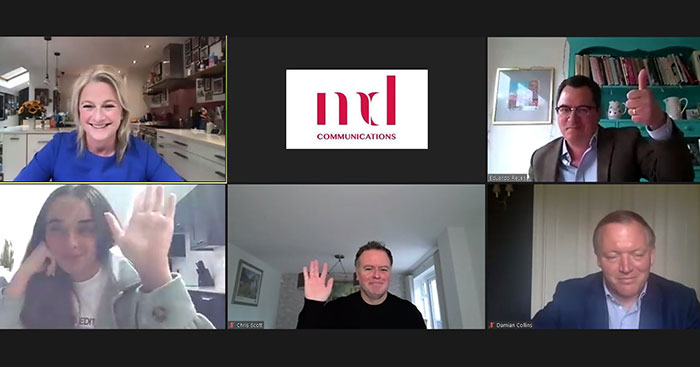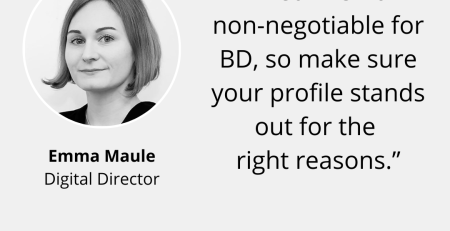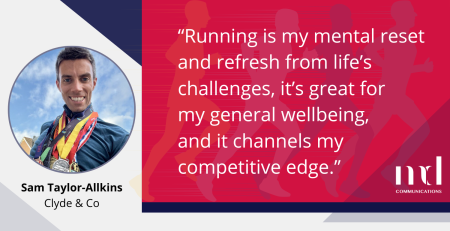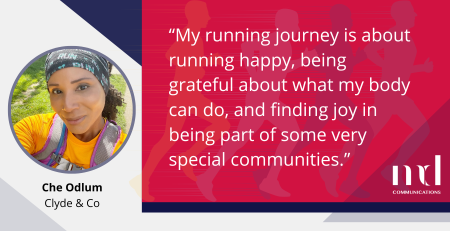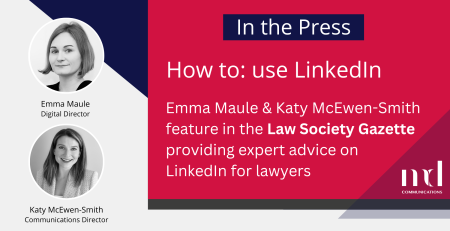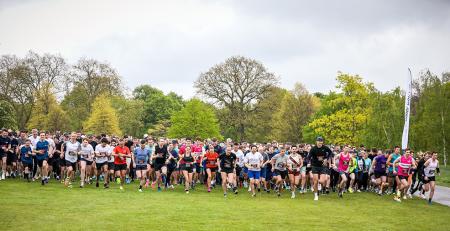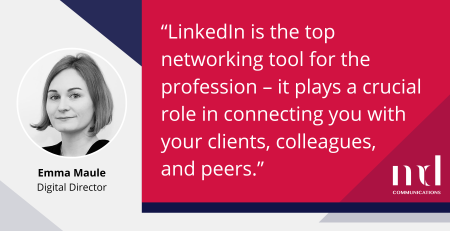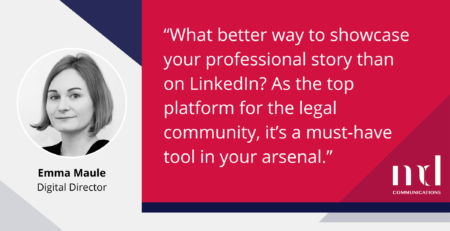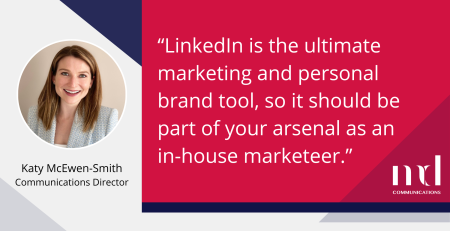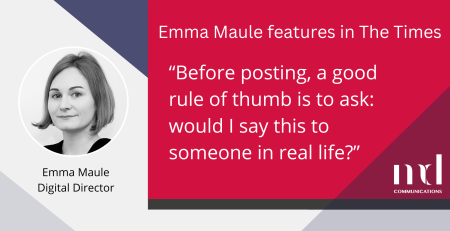CEO Melissa Davis discusses the themes covered in our most recent webinar, which looked at how to protect yourself online while making the most of social media.
If it’s the accepted norm that we have to use social media to build our brands, how do we ensure we are protected? This was the topic up for discussion at our most recent webinar, where the panel looked at a high-profile real life example of social media abuse and considered methods for dealing with this situation. We discussed what the platforms themselves need to be doing to protect their users, and finished with tips around improving your personal brand.
Joining me on the panel was Leigh Nicol, Women’s Championship footballer for Crystal Place and Associate Director at B5 Consultancy; Chris Scott, Senior Partner at leading reputation law firm Slateford; Damian Collins MP, former Chair of the Digital, Culture, Media and Sport committee; and Eduardo Reyes, Commissioning and Features Editor at the Law Society Gazette.
Real life story of online harm
To kick off we heard from Leigh, who bravely and honestly shared her story of when graphic images of her at 18 were hacked and shared widely over social media and uploaded to adult sites, with horrific trolling and threats, which continue to this day. This was hugely damaging to her mental health and she had to take a year off football. However, when she returned, she put out a statement about what happened, which resulted in massive levels of support. Leigh says that when she became a victim, there was no one there to protect her – the authorities would do nothing, the platforms refused to help. This inspired her to join B5 Consultancy, which educates young people and sports professionals about online harms. She is passionate about helping people engage in safe and respectful online behaviours, with the assistance of her substantial following. By sharing her own personal experiences, Leigh hopes to illustrate why change needs to happen for a safer space online.
Incentives towards hate
Our first poll revealed whether the audience had been trolled on social media, with 21% saying they had. With this level of behaviour existing in the professional services industry – and a much worse reality of day-to-day life for high-profile individuals – clearly now is the time for change. Damian Collins, former Chair of the House of Commons Digital, Culture, Media and Sport Select Committee and now MP for Folkestone and Hythe, acknowledged that we are falling a long way short of what we should be doing, with the platforms incentivised to reward bad behaviour and unpleasant content because more people will look at it – “if the platforms think hate will hold your attention, you will be directed toward hate.” He believes the big tech companies should become liable if they don’t act against harmful content – he points to new legislation, the online safety bill, which will create an independent regulator. Eduardo Reyes, from the Law Society Gazette, agreed, saying the number of people being trolled was a truly alarming figure and noting that, far from being like ‘whack a mole’, tech companies have huge capabilities to remove content and users – they are publishers with responsibilities towards users, just like any newspaper. “The conclusion must be that platforms prioritise traffic and make the rest sound a bit more difficult than it is to police,” he says.
Chris Scott, a leading reputation lawyer, echoed this view, with his mantra being, “if social networks innovated as enthusiastically to stop online harms as they do to keep eyes on screen, this would all have been solved a long time ago”. We have extended a degree of credulity around the social networks for a long time about whether they could prevent online harm – they haven’t and they now need to be incentivised to do so. The laws set up in the US at the start were designed to protect start-up tech companies from litigation from big rights owners, regarding them as platforms not publishers – this influences their mindset everywhere they operate, which is why they don’t take these concerns seriously. “All of the problems of the law around social media come down to the fact that, effectively, we’re taking a massive patchwork of things that existed historically and trying to apply them to something that nobody could have conceived of,” Chris explains. The audience agreed, with a poll showing that 97% believed that the platforms were not doing enough to keep their users safe.
Protecting yourself while building your brand
When it comes to personal branding, a massive 93% of the audience thought a presence on social media was essential – so the revelations about the lack of protection for users, coupled with Leigh’s harrowing real life experience, is extremely alarming. Eduardo noted that when seeking advice from a company about what to do about abuse, many HR departments would suggest deleting your profile – but this is a vital part of most people’s work, and is no longer an adequate answer.
Leigh spoke of her work at B5 Consultancy, where part of her role is to develop ‘player intel reports’, which dig up as much information as they can about professional sportspeople before they are hired by a club, to be aware of potential problems. She advises that everyone conducts their own version of this report for their own presence, and takes action around additional privacy settings and deleting unwise content. Many companies now do this type of background check when recruiting, especially when hiring senior individuals, to make sure they can’t be unduly exposed by something that person has posted in the past.
To finish, we turned to tips for helping with personal branding.
- The number one tip was around being authentic, as people buy people – their approachability, their expertise, and their personality – rather than corporate accounts.
- Be generous – share other people’s content.
- Keep it brief but ensure you speak with authority, ie actually read the article you’re about to share so your post is accurate.
- Work out your goals of why you’re using the platforms and who your community are so you can speak to them effectively.
- Share what you do and reach out to people who have done something interesting to build your community.
- Remember you are a band ambassador for your firm as well – notwithstanding any ‘views my own’ disclaimers – so don’t share anything that would offend people or damage your firm, or bring the profession into disrepute.
- To protect yourself, it’s advisable not to give away too many insights into your life and try not to cause a mass debate that will come back to haunt you.
- Overall, educate yourself to understand the risks and don’t create problems for yourself, so you are free to enjoy the interaction and reap the rewards.
Missed the webinar? Watch a recording


